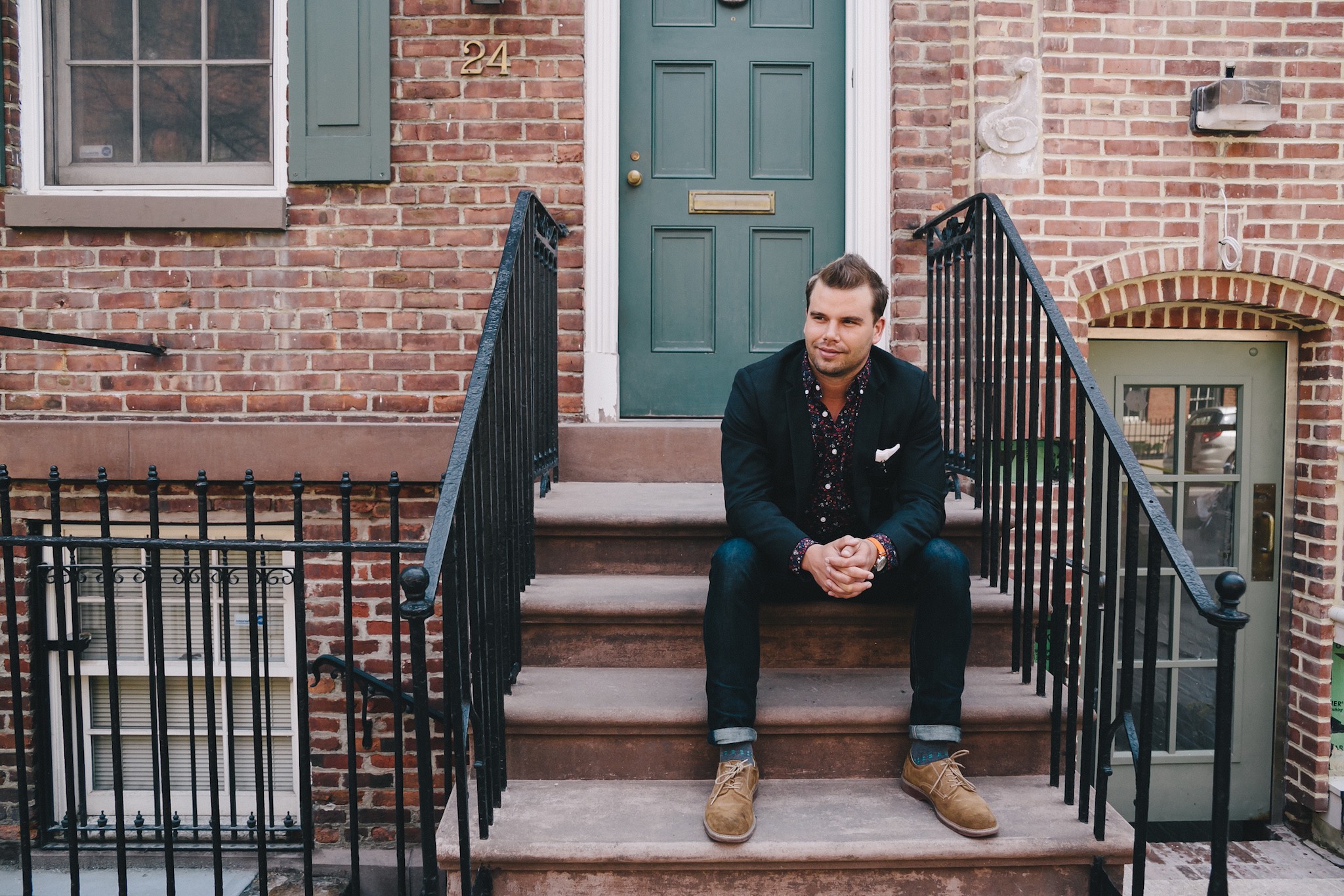A few years ago, Peter Sullivan found himself at that dark crossroads creators know only too well: a company he’d believed in and worked hard to erect went tumbling down, and he had to figure out what to do next with his life. Optimistic but practical, he gave it 30 days.
“I took as many coffee meetings as I could,” he says, “and worked like crazy.”
A few ideas appealed, but none too radiantly. Then he thought back on his childhood. Growing up, Sullivan’s entire family was obsessed with the lottery.
“They’d talk about it all the time,” he says. “They’d use birth dates, anniversary dates, random numbers they saw while driving down the highway.”
The lottery, Sullivan realized, was deeply ripe for disruption: instead of those tickets you buy at bodegas and sometimes lose, why not make the whole experience digital, transparent, and secure?
Thus was born Jackpocket. The idea is ingenuously simple: you play the games you like on your phone, Sullivan and his crew print out the numbers and purchase from partnered state retailers, and your ticket is digitally processed and uploaded to your account. If you win, the app will let you know. Even better, if you lose your ticket, the app will print you another one, putting an end to these sad stories you read every now and then about the poor sap who had the million dollar win but couldn’t find his ticket.
 Taking the lottery digital, Sullivan believes, will save it from its current miseries. Think lottery, he said, and you think swindling crooks or impoverished people spending money they don’t have in hope of escaping their bleak lives. But make it accessible via smart phones and you’d attract a new population of players—young, and affluent, and tech-savvy—who like the game and are willing to spend more time and more money playing it their way, no bodegas necessary.
Taking the lottery digital, Sullivan believes, will save it from its current miseries. Think lottery, he said, and you think swindling crooks or impoverished people spending money they don’t have in hope of escaping their bleak lives. But make it accessible via smart phones and you’d attract a new population of players—young, and affluent, and tech-savvy—who like the game and are willing to spend more time and more money playing it their way, no bodegas necessary.
“Most people don’t know it,” Sullivan says, “but Americans currently spend more than $70 billion on the lottery. That’s more than the ticket intake of Major League Baseball and the National Football League, all movies, all concerts, all video games, and all pornography, combined. We can expand that by bringing a younger and hipper demographic and a lot of incremental revenue.”
For this vision to materialize, he adds, the lottery itself may have to change, growing more interactive and more appealing to a generation for which an addictive game means Candy Crush. But with all sales occurring on a clean and transparent platform, the lottery could refocus its image as a social good—play on Jackpocket, and the system will tell you precisely what portion of your spending will go to support local schools and other educational initiatives.
Testing the app in beta for about a year now, Sullivan was delighted to see real users winning real money, but it wasn’t until he took the elevator one day that he realized his new pursuit was destined to succeed. He was going up to his office in WeWork’s Varick Street location, when he looked up and noticed that the elevator still carried the seal of the building’s previous tenant. It was the New York Lottery.
Photo credit: Lauren Kallen




